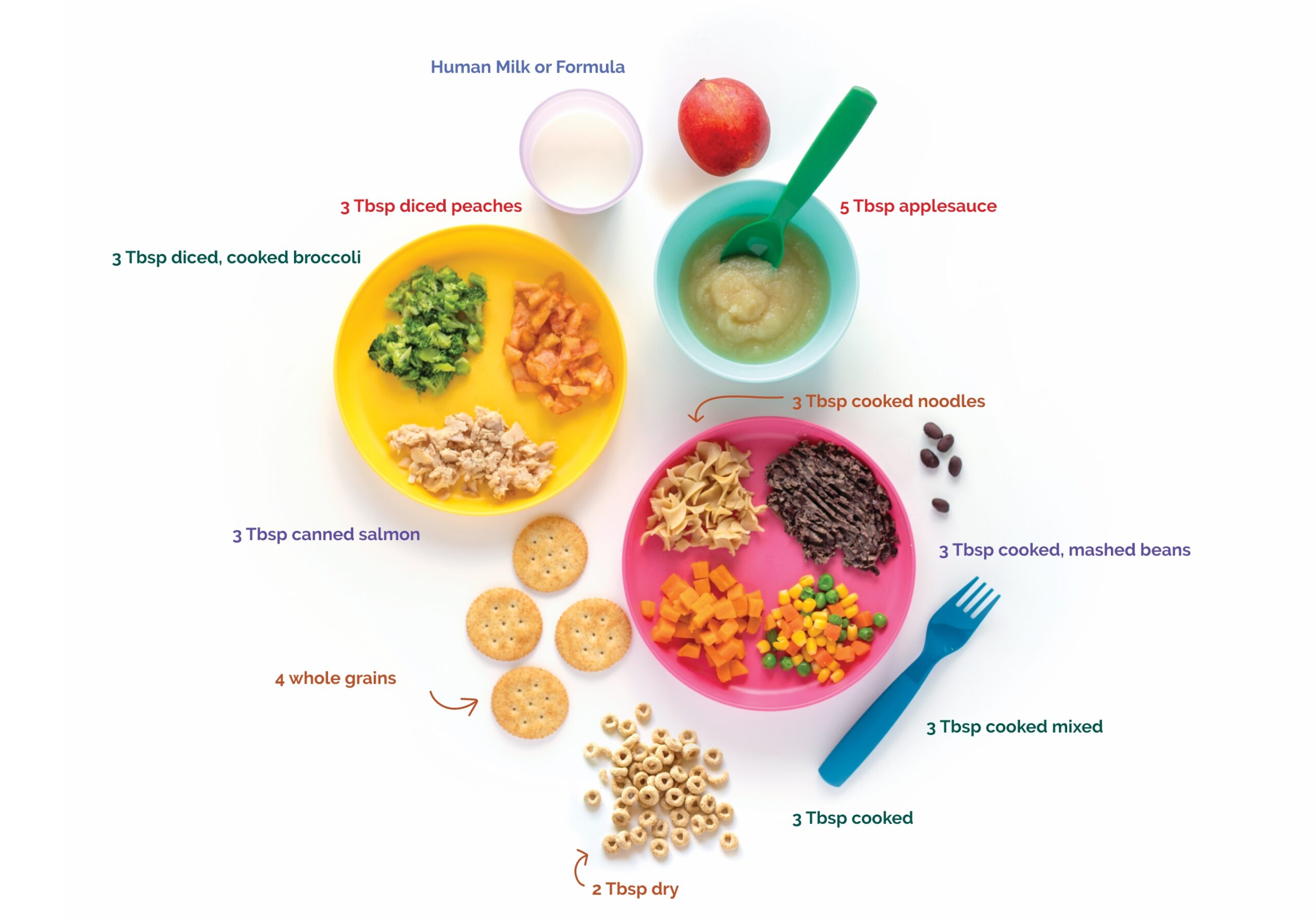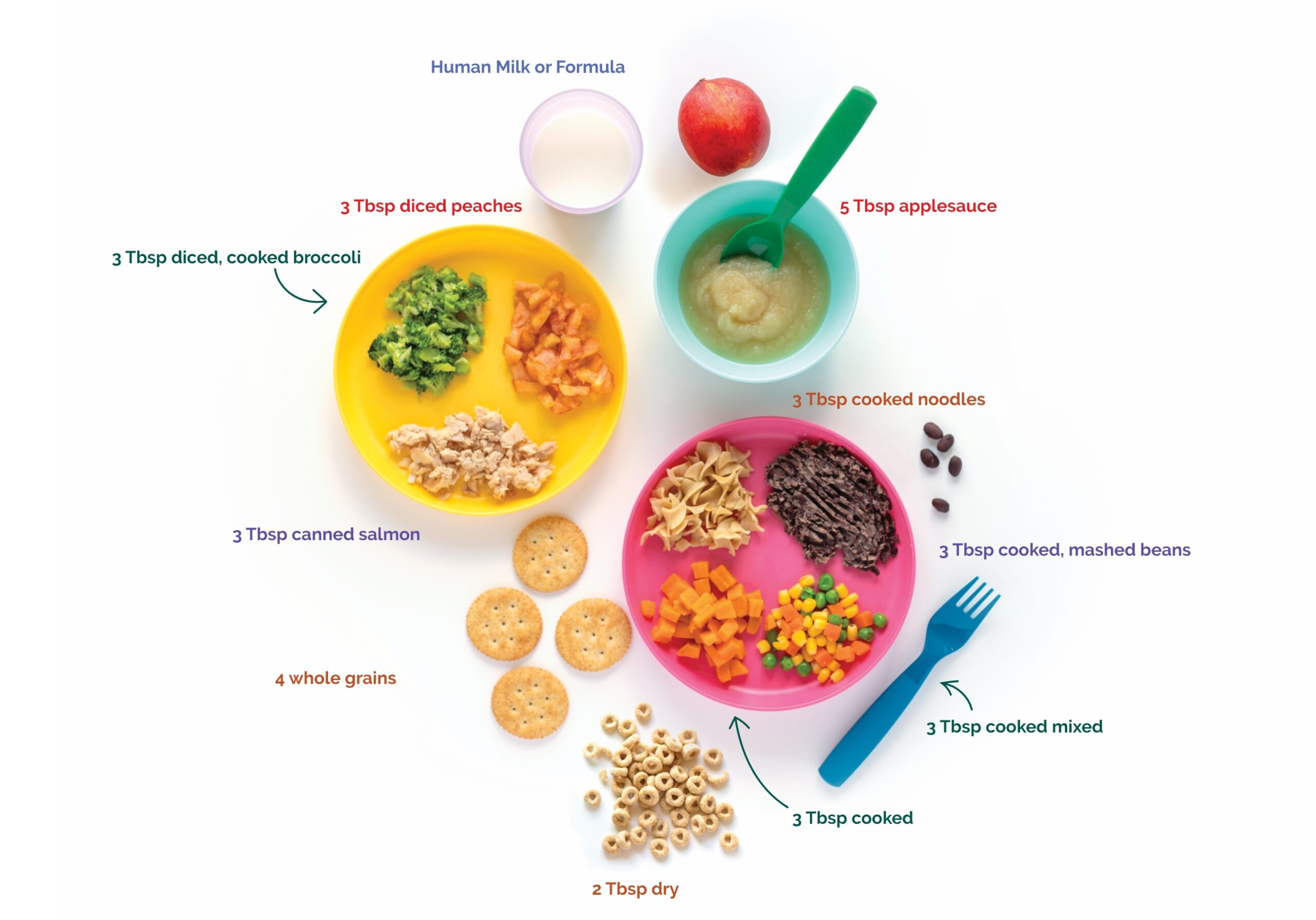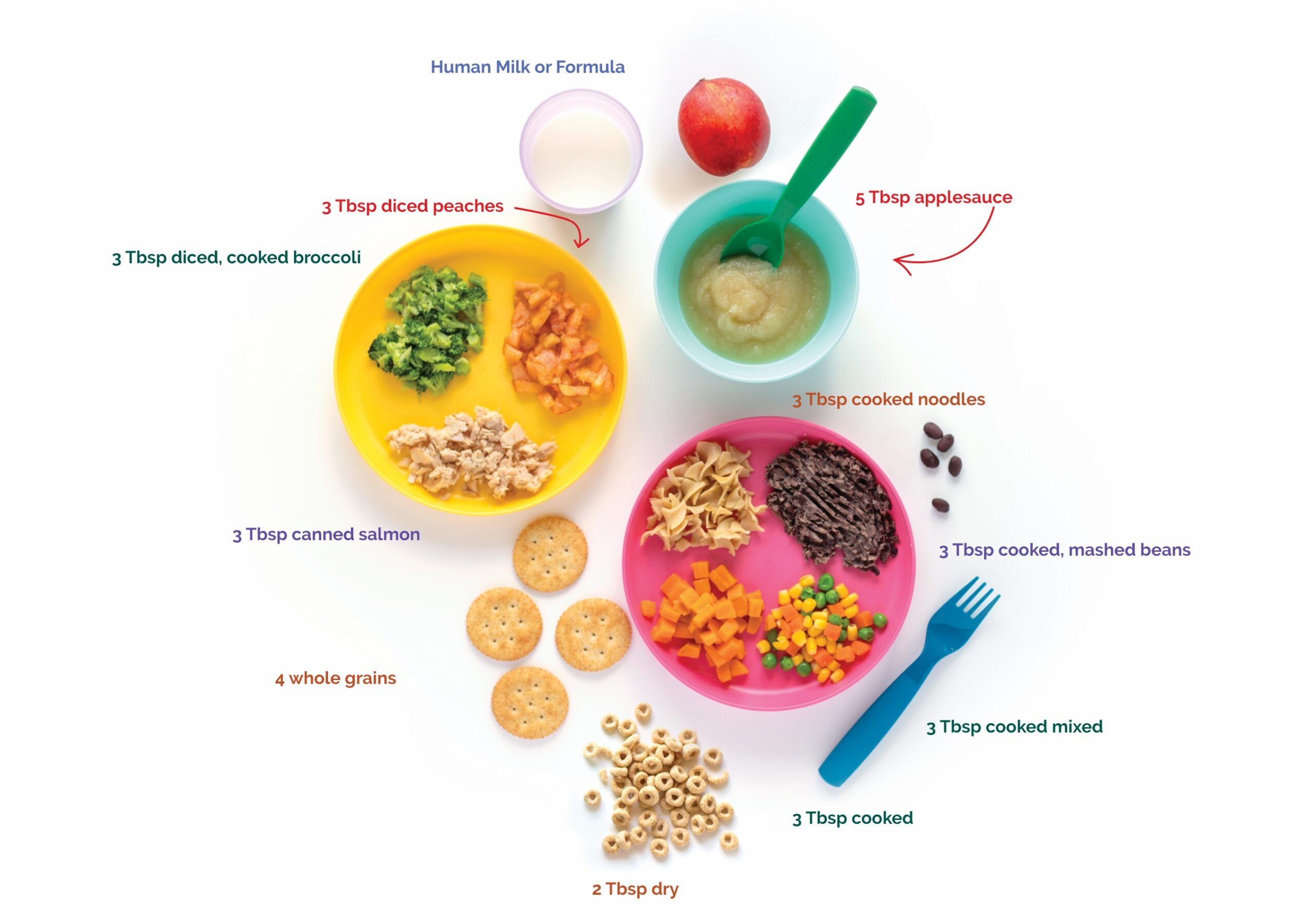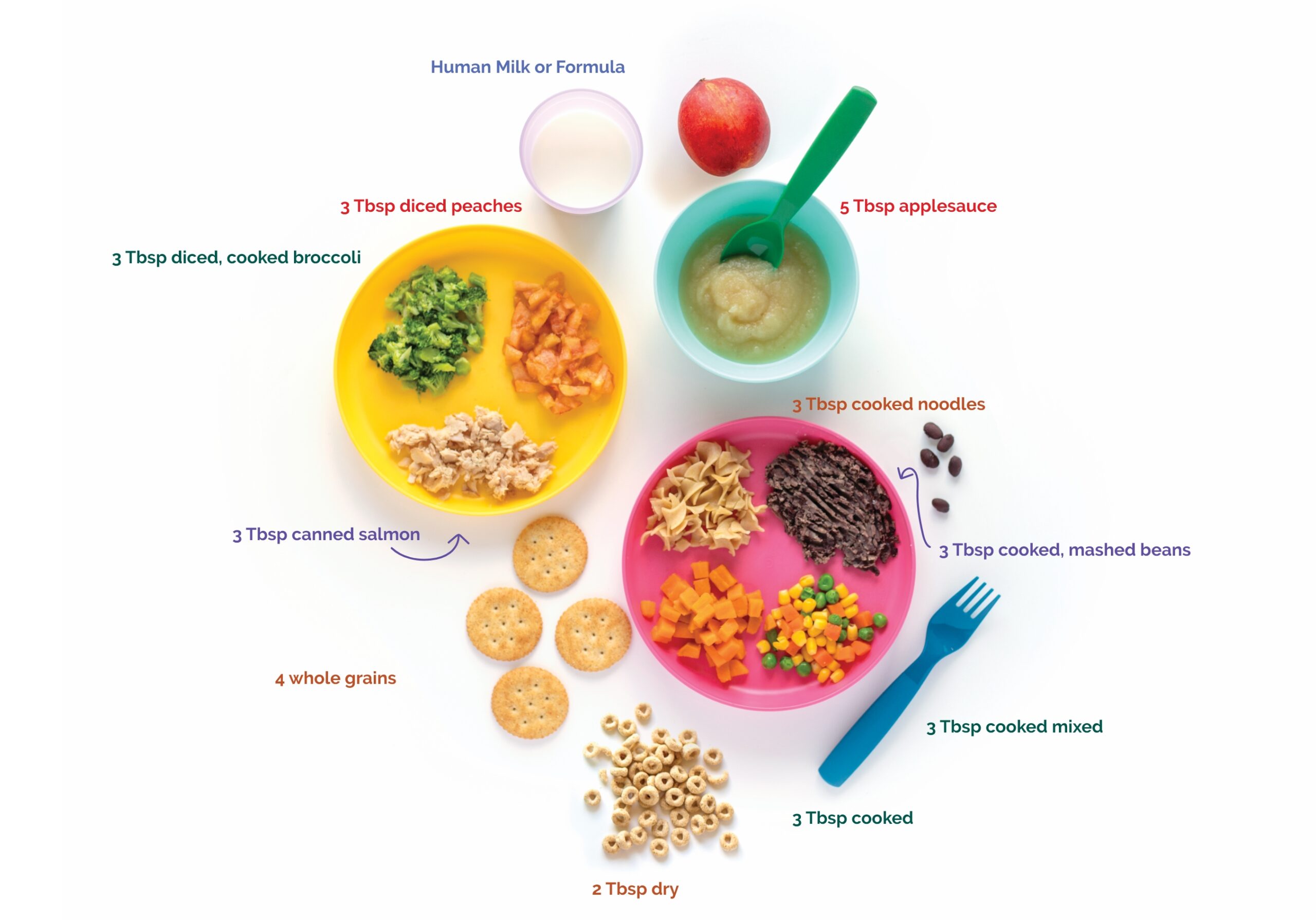It’s not talked about much, but up to 1 in 5 women experience depression during pregnancy. People around you may say, “You must be so happy!” or “What an exciting time!” when the truth is you’re not exactly feeling it.
There are many things about pregnancy that may worry you. Topping the list may be your baby’s health, or your ability to be a good parent. Added worries about money, work, and relationships don’t help. And oh, yes, your body is changing too thanks to your hormones! Hormones can make you constipated, tired, and moody and can also affect your risk of depression. What’s a feeling blue mom-to-be to do?





























